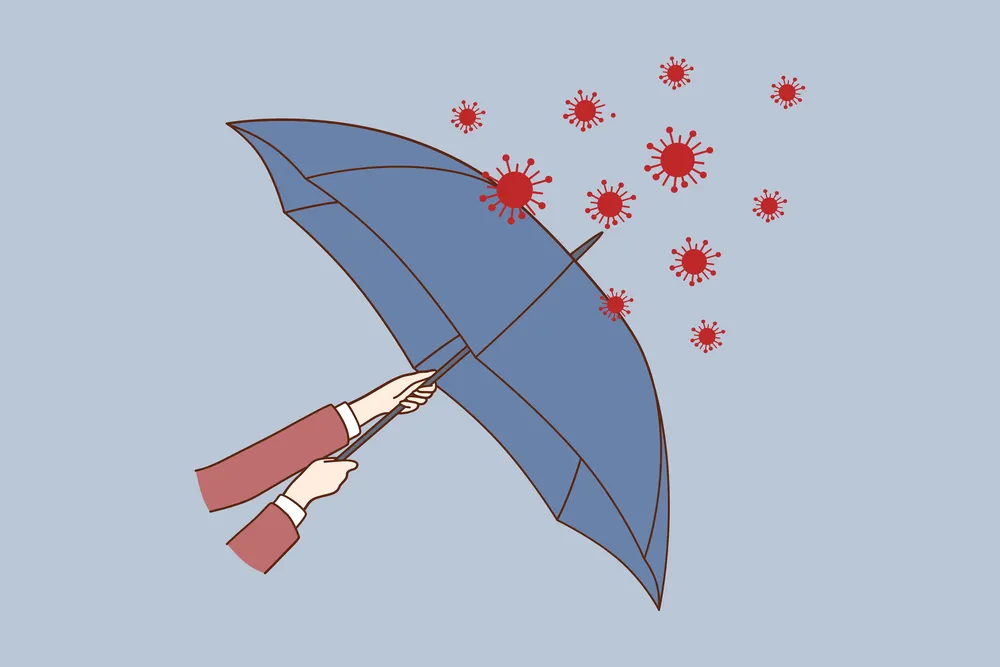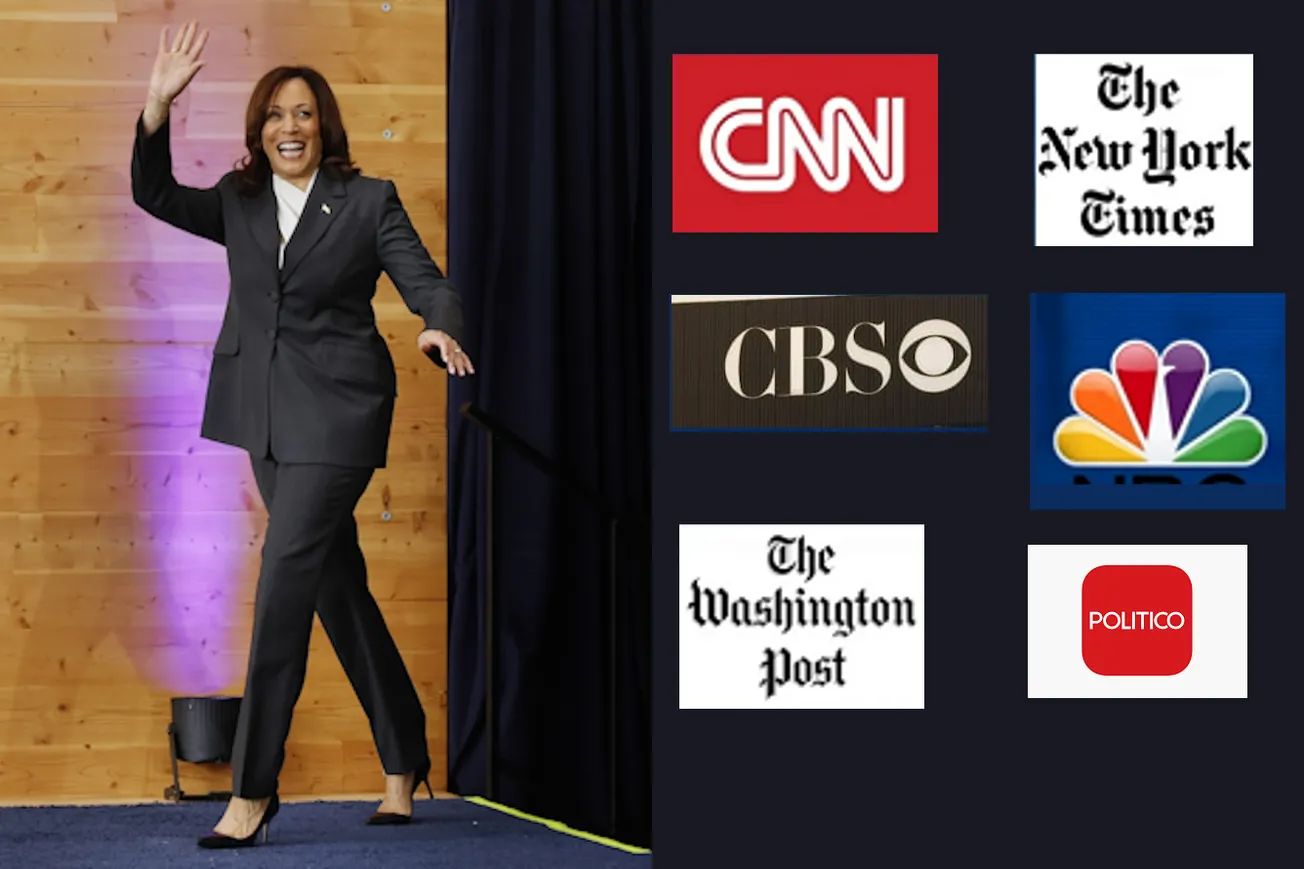It has been three years since the World Health Organization (WHO) declared the Covid-19 outbreak "a public health emergency of international concern." Even as China blocks an impartial scientific investigation into the origins of the SARS-CoV-2 virus, other lessons from the global pandemic keep making the headlines.
The British medical journal, The Lancet recently published an article stating, "Protection from past infection against re-infection from pre-omicron variants was very high and remained high even after 40 weeks." In simple terms, natural immunity due to infection from the Omicron variant of Covid-19 provides just about as much protection as two vaccine doses.
The research was the largest so far and analyzed data collected from 65 studies across 19 countries. It was carried out by the Institute for Health Metrics and Evaluation COVID-19 Forecasting Team, based at the University of Washington School of Medicine.
The latest article has left many who questioned natural immunity red-faced. Natural immunity is a widely accepted concept and theory that has been around for centuries. Yet, faced with an unknown, contagious pathogen, the scientific community, public health officials, and international organizations flip-flopped. Early in the outbreak, the WHO changed its website, claiming, "Herd immunity is achieved by protecting people from a virus, not exposing them to it." But in early 2021, the website stated that herd immunity "happens when a population is immune either through vaccination or immunity developed through previous infection."
Vaccines are the other side of this story. Developed countries scrambled to invent a vaccine in the initial months of the Covid-19 pandemic. Once the vaccines hit the market, developing nations clamored to get their hands on the vaccines that were supposed to, if not prevent infections, then at least save lives. Here too, there was no consensus. Many questioned the speed with which the vaccination shots hit the shelves, despite the disease being a complete unknown just a few months before.
Governments imposed vaccine mandates in hopes of ending the pandemic early. The mistrust in the Big Pharma companies spilled over into the fight against the pandemic, and vaccine skeptics resisted the mandates. Many lost their jobs when employers insisted on vaccination certificates, even for those infected by the Coronavirus. The complete picture of the vaccine's long-term effects is yet to emerge.
The fact is little was known about the microorganism making people sick all over the world. The country of origin was willing to do little to share data or conduct an in-depth, transparent investigation. Hence, the governments resorted to whatever sounded best at the time.
In hindsight, the mask mandates, lockdowns, and travel restrictions have been of little help. But, one must concede that those measures were taken to reduce fatalities and prevent the healthcare system overload.
In effect, the pandemic exposed the vulnerability of the human race. Our handling of the unfamiliar situation laid bare the fear of annihilation at the hands of an invisible microorganism. It severely blew our pride in our much touted and vaunted advanced scientific methods, tools, and technologies. It laid bare the limitations of our healthcare systems and our knowledge base. Faced with a new enemy, we questioned everything – natural immunity, vaccines, risks/benefits of exposure, the healthcare system, and the government.
No one had all the answers; they are now trickling in. Even if China never cooperates enough to let us get to the virus's origins, the way the world, and the scientific and medical community, handled the pandemic holds lessons for the future.






